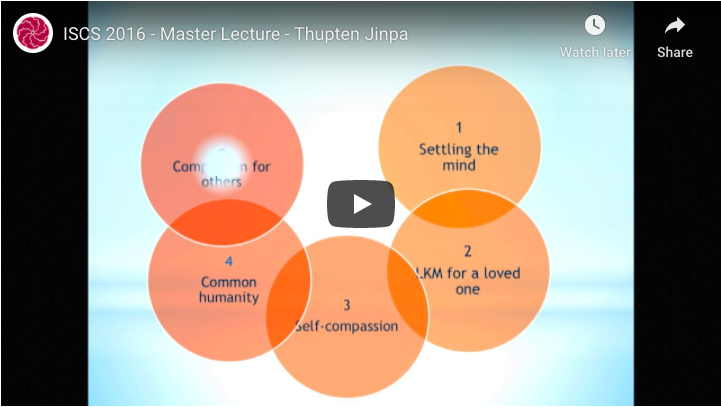Compassion is emerging as a major focus in the new field of contemplative science, which integrates scientific research with contemplative practice, exploring its real-world applications such as health, education and general well-being. Standardized protocols, such as Stanford University’s CCT (Compassion Cultivation Training), UCSD’s Mindful Self-Compassion, and Emory University’s CBCT (Cognitively-Based Compassion Training), are today offered in diverse settings and their effects scientifically studied. What are the targets of such meditation-based compassion training? What is the theory of change implicit in these contemplative practices? Drawing from both classical Buddhist as well as contemporary psychological sciences, this lecture will explore these important questions, with a special focus on understanding the complex interconnection between our intention, attention and values, on the one hand, and our motivational systems, especially our emotions and our actions, on the other.

Thupten Jinpa, PhD
Board Chair Emeritus, Mind & Life Institute
Thupten Jinpa, Ph.d., received his early education and training as a monk and obtained the Geshe Lharam degree from the Shartse College of Ganden Monastic University, South India. In addition, Jinpa … MORE


